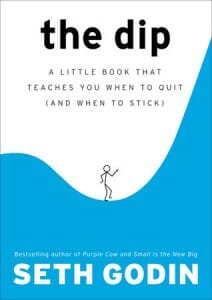My dear father could never master the use of chopsticks. He resented people who did.  Whenever we went out to a Chinese restaurant and other people reached for the sticks, he would grumble, “A fork has always been good enough for me. I don’t know why it’s not good enough for you.”
Whenever we went out to a Chinese restaurant and other people reached for the sticks, he would grumble, “A fork has always been good enough for me. I don’t know why it’s not good enough for you.”
I think of my father sometimes when I hear colleagues ask why they need to use social media. I’m a big believer in print, video, and face-to-face contact myself, but I have to wonder: how much resistance to adopting social media comes from the fear that we won’t use them well? That we’ll be still dabbing away with tools we don’t understand while other people have eaten our lunch?
This fear is unnecessary. Anyone can learn to use social media well enough for company. Once we stop worrying about how to master them, then we can really ask why–and get good answers.
Contrary to what enthusiasts sometimes think, it is not self-evident why organizations should use social media. I see people who leap on board each social media trend as it comes along. They remind me of the saying, “To the person who owns a hammer, everything looks like a nail.” Social media are tools. One size doesn’t fit all. We need to know what they can do, and what we want to accomplish. Then, we can pick the right tool for the job.
Here are some questions we can ask ourselves to figure out what we really need, whether we are communications conservatives or early adopters:
- Who are we trying to reach?
- Where does our audience spend its time, and how do they like to get their information?
- What can we do for them?
- What are we hoping to get them to do?
- How much time can we invest?
Then, and only then, can we figure out which social media we should use, and how. That’s a social media strategy.
